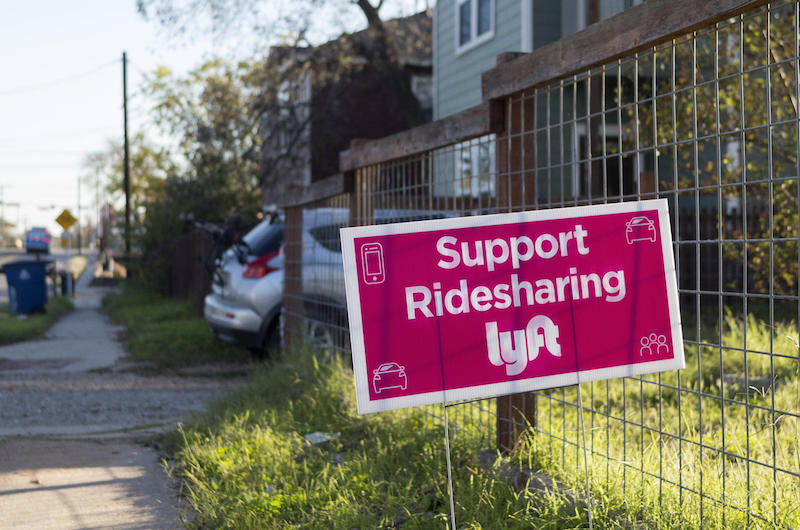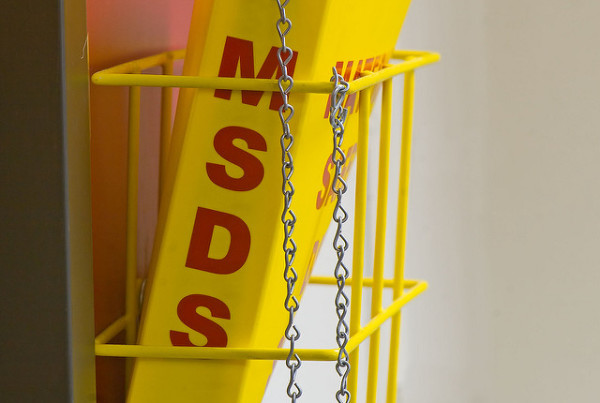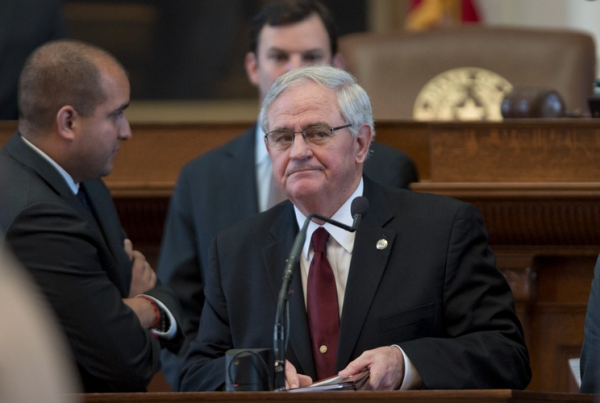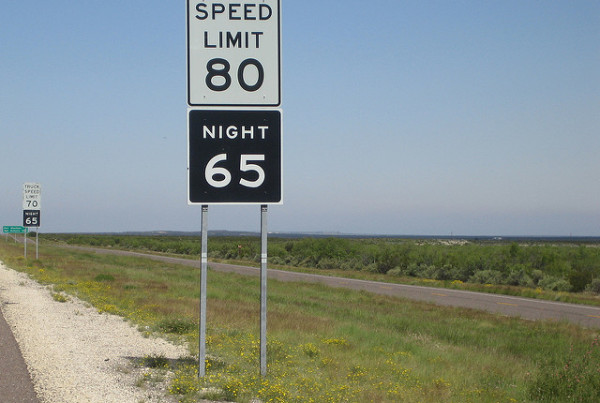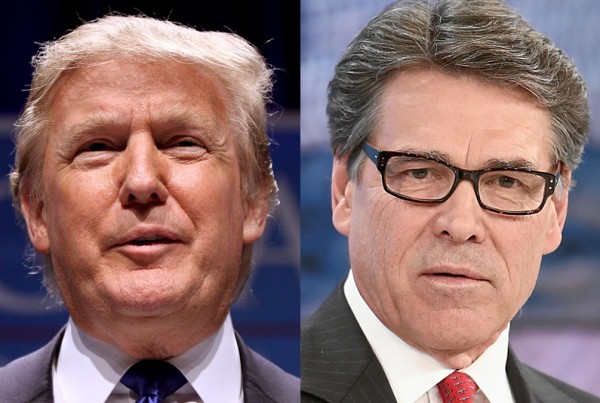It’s hard to remember the last time a local vote galvanized the Texas capital city like the one set for tomorrow. On the ballot: a proposal to repeal a city council ordinance involving ride hailing apps like Uber and Lyft.
Those services have poured over $8 million into a “for” campaign – which, if successful, would repeal a law requiring fingerprint background checks for drivers. By comparison, the campaign for an “against” vote that would keep the regulation in place has $10,000. In places like Midland, Galveston and Corpus Christi, Uber has pulled out of the market, citing what it calls overly burdensome fingerprint regs. They’re threatening to pull out of Houston, too.
But the vote in Austin is bigger than Texas, in a sense. Daniel Vock of Governing Magazine says it could have ripple effects across the U.S. because Austin is viewed as a very tech-friendly city and with the high-profile nature of the vote, the outcome could send a message to other cities hoping for more strict regulation on transportation network companies, or TNCs. Also, it’s the first time the issue has gone directly to voters.
“Depending on how this goes, it may either scare people into not trying to regulate Uber and Lyft more,” Vock says, “or give them encouragement that they can do it, and that the public would be with them.”
Uber and Lyft have already pulled out of smaller markets over similar issues and threatened to leave larger cities as well. But would they really leave Austin if their measures didn’t pass? Vock says its hard to gauge at this point.
“It’s interesting even in Houston, which is far bigger than Austin, they have threatened to leave if Houston doesn’t repeal their fingerprint requirement that they’ve had for the last year and a half,” he says. “So it’s hard for me to tell, and it’s hard I think for most people to tell, how serious Uber would be, but Uber and Lyft have both left markets over this issue.”
Really, the outcome of the vote could have several effects, Vock says. It could serve as a warning for cities that want to regulate, as was the case recently in New York.
“If you look at what happened in New York City, the mayor there tried to put some regulations on Uber, and Uber came after them,” Vock says. “Uber had a pretty decisive win at that fight. I think that sent a message, you know, don’t mess with Uber and Lyft. So this would be another sort of warning to cities that wanted to regulate.”
On the other hand, it might give governments the encouragement to regulate TNCs.
“It might also emboldened cities I think who have been so far reluctant to put too much pressure on Uber,” Vock says. “(If) the voters side with the city, then I think other cities will be encouraged. But again, it sort of depends on the fallout from what Uber and Lyft do.”
Listen to the full interview in the audio player above
Web post prepared by Alexandra Hart.


